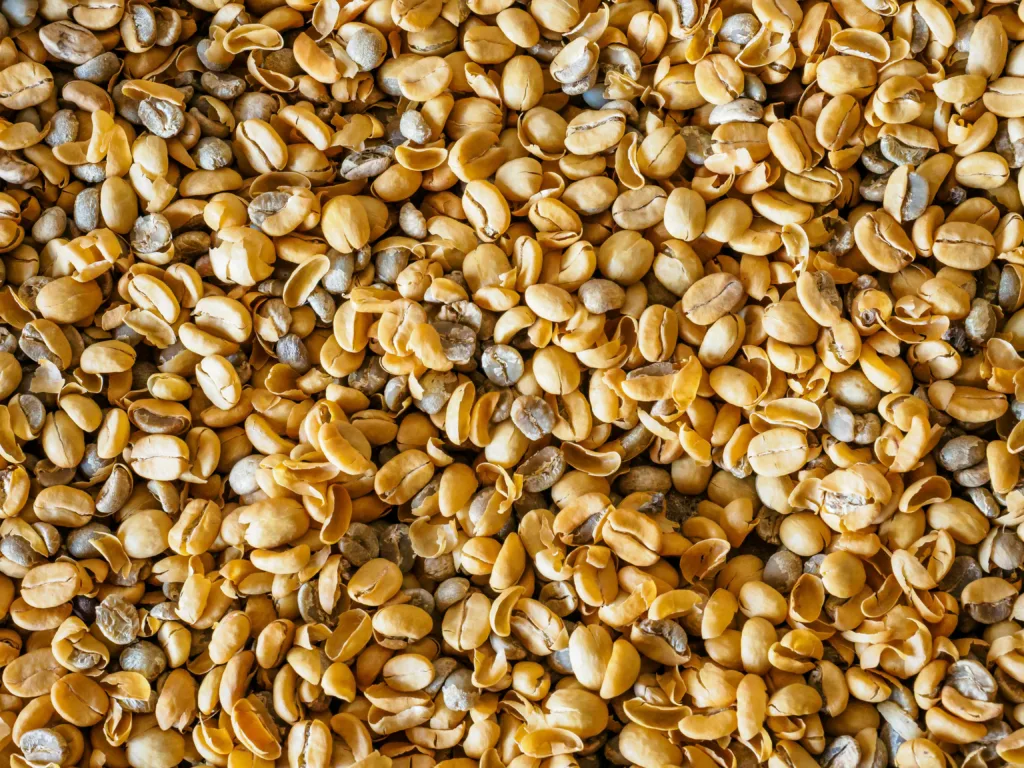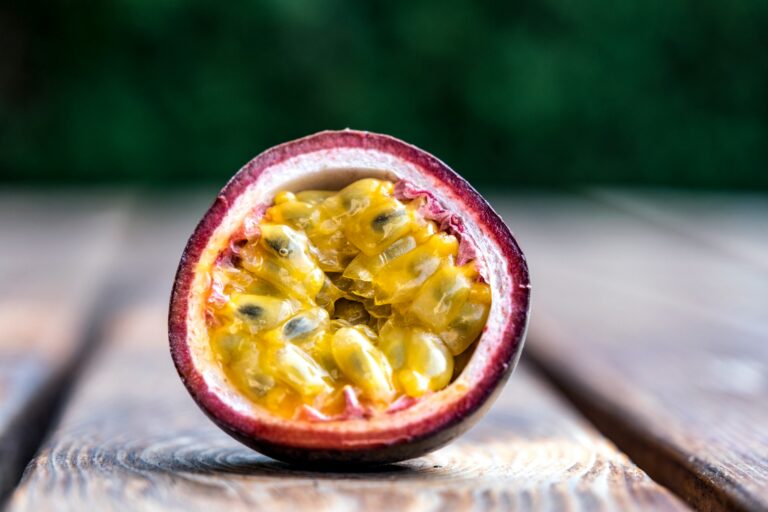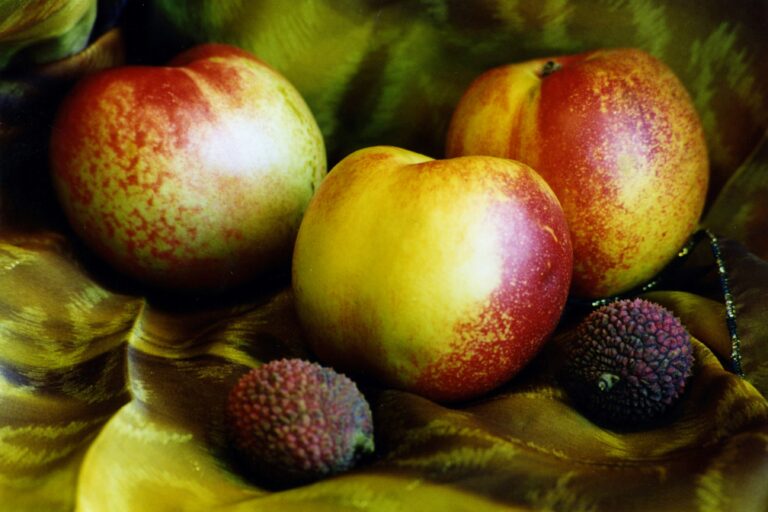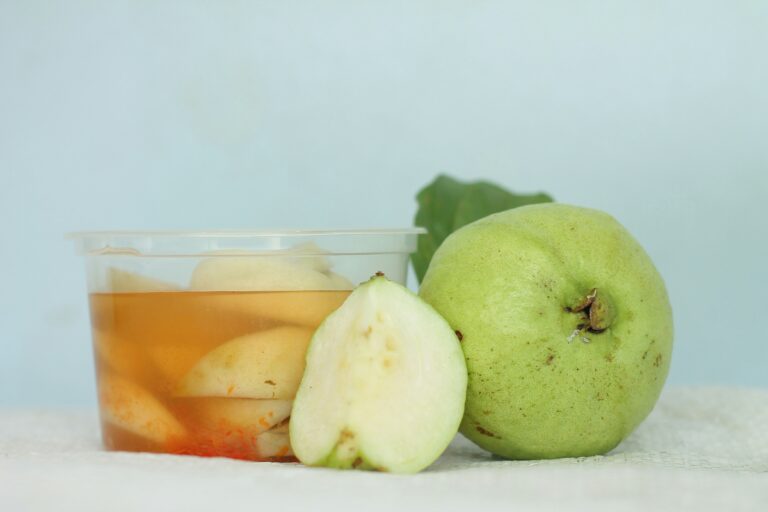The scientific name of hemp seed is Canavis sativa. Hemp seed is cultivated in France. High quantities of hemp seeds are also grown in Romania, The Netherlands, Lithuania, Estonia, and Italy. Hemp seeds are the seeds of the hemp plant. China is considered the birthplace of hemp. This country is the largest exporter of hemp paper, biocomposites, and textiles. Due to its nutrient density, hemp seeds are often referred to as the “superfood”. China produces the largest amount of commercial hemp annually.
Color: The color of hemp seed is dark red-brown. Besides the inside of the seed, there are white soft or light green kernels are present.
Size: The diameter of hemp seed ranges from 3.0 to 5.0 mm and the thickness ranges from 2.3 to 5.1 mm.
Shape: hemp seeds are small seeds. They are spherical in shape depending on the culture. However, an oval shape is also observed.
Flavor: The flavor of hemp seed is very mild. They have a sweet and nutty flavor.
Nutrients
Hemp seeds are important and very beneficial for the human body as they are fully packed with nutrients. Hemp seeds are perfectly edible. Hemp seeds are rich in numerous minerals but their most important and excellent source of nutrients are protein and fats. Some of them are described below:
- Calories 166
- Protein 9.48 g
- Fat 14.6 g
- Carbohydrates 2.6 mg
- Fiber 1.2 g
- Calcium 21 mg
- Iron 2.38 mg
- Magnesium 210 mg
| How to grow hemp seeds? |
Healthy Benefits of Hemp Seeds
Hemp seeds are incredibly nutritious and easy to enjoy in a number of different recipes. Hemp seeds help in reducing blood pressure and cholesterol.
Reduces heart diseases
Hemp seeds contain a high amount of amino acid which is arginine, which produces nitric oxide in your body. Nitric oxide is a gas molecule that makes your blood vessels relax and dilate which in return helps to lower the risk of heart diseases and blood pressure. Heart disease is the number one cause of death worldwide. Eating hemp seeds has been linked to reducing inflammation. Due to the presence of gamma-linolenic acid. Furthermore, hemp seed or oil may decrease the risk of blood clot formation, reduce blood pressure, and help the heart recover after a heart attack.
Source of Protein
Hemp seeds are thought to be the perfect source of protein, which means that they provide all the essential and basic amino acids. As our body can not produce essential amino acids by itself. 30 g of hemp seeds or 2-3 tablespoons provide about 11 g of protein. These hemp seeds provide a similar amount of protein content as in beef and in lamb.
Improve skin disorders
Hemp seeds or hemp seed oil may relieve dry skin, reduce the need for skin medication, and also improve itchiness. Hemp seed oil may improve blood levels of essential fatty acids in people with eczema. These seeds are good sources of essential fatty acids and polyunsaturated fatty acids.
Improve immune response
Fatty acids present in the hemp seed have a beneficial effect on the immune system. The immune system depends on a balanced amount of Omega-6 and Omega-3 fatty acids. They have a 3:1 ratio of omega-6 to Omega-3, which is considered in the optimal range.
Fully nutritious
Hemp seeds are a great source of minerals such as potassium, phosphorus, sodium, magnesium, iron, calcium, sulfur, and zinc. Hemp seeds are also rich in Vitamin E. Hemp seeds have been used as food and in medicine in China for healthy purposes.
Deals with female hormones
Eating hemp seeds may help to decrease breast pain and tenderness, irritability, depression, and fluid retention associated with premenstrual syndrome (PMS). The physical or emotional symptoms in the reproduction age of women may likely caused by the sensitivity of the hormone.
Aids in digestion
Hemp seeds provide us with a good amount of soluble and insoluble fiber, containing 20% and 80%, respectively. Soluble fiber form a gel-like substance in your gut that provide nutrients for beneficial digestive bacteria and may also reduce spikes in blood sugar and regulate cholesterol level. Insoluble fiber adds bulk to your stool and helps in passing the waste through your gut.
Side effects of hemp seeds
Make sure to drink plenty of water while eating hemp seeds. It may cause digestive discomfort in some cases such as
- Diarrhea
- Nausea
- Throat irritation
- Hypertension
- Bradycardia or slow heart rate
FAQ
What do hemp seeds do to your body?
Due to their high nutritional content, hemp seeds are significant and advantageous for human health. Although hemp seeds are a wonderful source of fats and protein, they are also rich in many other minerals. Additionally, hemp seeds are a great source of the important fatty acids omega-3 and omega-6.
Can I eat hemp every day?
Always keep in mind that moderation is important. although hemp seeds are a nutritious addition to your diet, there are a few considerations that need to be made. To start, they contain a lot of fat and calories. While eating seeds occasionally can be healthy, consuming too many can result in excessive calorie and fat intake.






